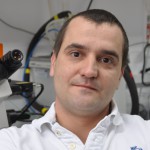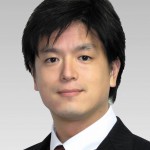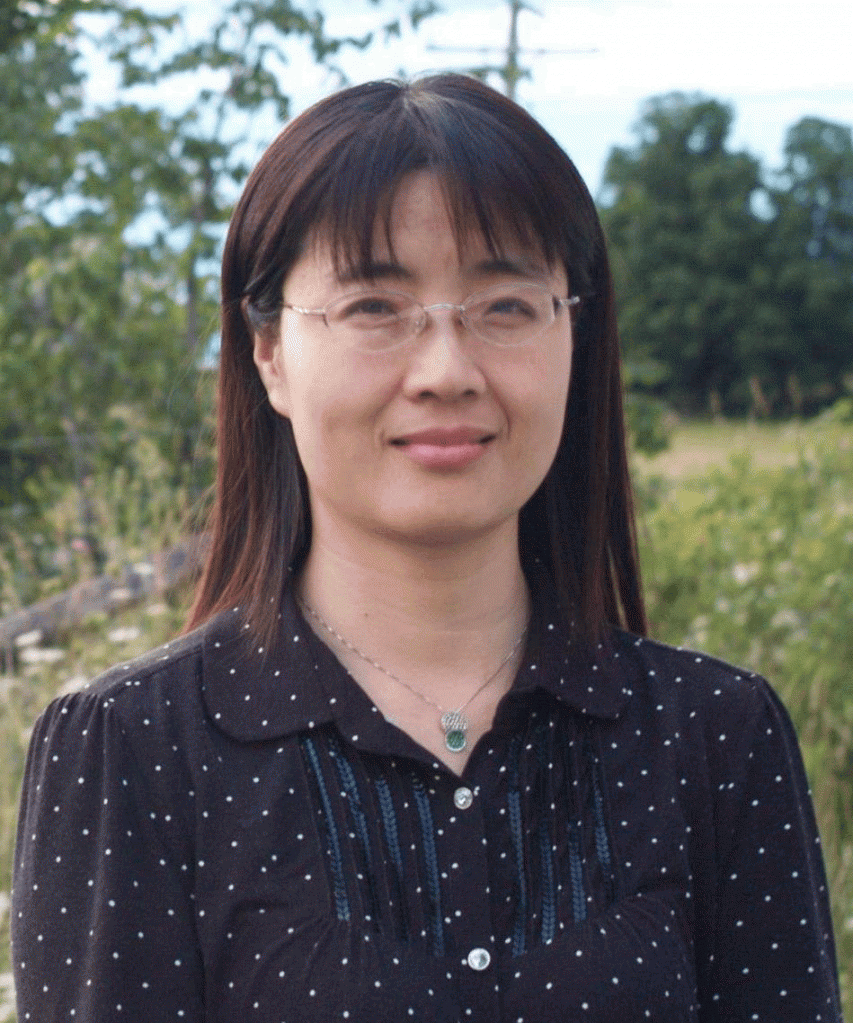We are delighted to welcome our new Advisory Board members!
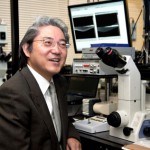 Yoshinobu Baba – Nagoya University
Yoshinobu Baba – Nagoya University
Yoshinobu is a Professor in the Department of Advanced Medical Science Graduate School of Medicine at Nagoya University. His major area of interest is nanobiosicence and nanobiotechnology for omics, systems biology, cancer diagnosis, cancer therapy regenerative medicine, and molecular in vivo imaging.
 Jean-Christophe Baret – University of Bordeaux, France
Jean-Christophe Baret – University of Bordeaux, France
Jean-Christophe is a Professor at the University of Bordeaux. His research group focuses on the fundamental study of interfaces in liquid systems through the dynamics of droplets, bubbles and emulsions.
Anja Boisen – Technical University of Denmark, Denmark
Anja is a Professor in the Department of Micro- and Nanotechnology at the Technical University of Denmark. Her research group focuses on development and application of micro and nano mechanical sensors and microfabricated solutions for oral drug delivery. The group also explores integration of micro and nano sensors onto centrifugal microfluidic platforms.
 Qun Fang – Zhejiang University
Qun Fang – Zhejiang University
Qun is a Qiushi Distinguished Professor in the Department of Chemistry at Zhejiang University, and the Director of Institute of Microanalytical Systems at Zhejiang University. His research interests include microfluidic analysis, capillary electrophoresis, flow injection analysis, and miniaturization of analytical instruments, especially the development of automated and high-throughput droplet-based microfluidic analysis and screening techniques.
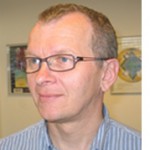 Martin A. M Gijs – EPFL, Switzerland
Martin A. M Gijs – EPFL, Switzerland
Martin is Professor in the School of Engineering at EPFL and Head of the Laboratory of Microsystems. His present interests are in developing technologies for novel magnetic devices, new microfabrication technologies for microsystems fabrication in general and the development and use of microsystems technologies for microfluidic and biomedical applications in particular.
Noo Li Jeon – Seoul National University, South Korea
Noo Li is a Professor at the School of Mechanical and Aerospace Engineering, Seoul National University. His research group use cell culture and microfluidic techniques to investigate biological processes.
 Gwo-Bin Lee – National Tsing Hua University
Gwo-Bin Lee – National Tsing Hua University
Gwo-Bin is a Professor at the National Tsing Hua University. His research interests are on nano-biotechnology, micro/nanofluidics and their biomedical applications. He is currently developing integrated micro/nano systems incorporated with nano/biotechnology for a variety of applications, including fast diagnosis of infectious diseases, screening of biomarkers for cancer and cardiovascular diseases, and optofluidics.
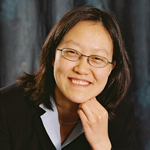 Hang Lu – Georgia Institute of Technology, USA
Hang Lu – Georgia Institute of Technology, USA
Hang is a Professor at the School of Chemical & Biomolecular Engineering, Georgia Institute of Technology. Her research group work at the interface of engineering and biology. They engineer BioMEMS and microfluidic devices to address questions across a variety of disciplines.
 Adrian Neild – Monash University, Australia
Adrian Neild – Monash University, Australia
Adrian is an Associate Professor and Director of Research in the Department of Mechanical and Aerospace Engineering Department at Monash University. His research interest are focused on non-linear ultrasound including acoustic radiation forces and acoustic streaming as well as viscosity, microfluidic systems, micron-scale particle and biological cell handling, air-coupled ultrasound, transducer design, non-destructive testing, and finite-element analysis.
 Nicole Pamme – University of Hull, UK
Nicole Pamme – University of Hull, UK
Nicole is a Professor in Analytical Chemistry at the University of Hull. Following her PhD, where she worked on single particle analysis in microfluidic chips, Nicole spent a year in Japan, working as an independent research fellow in the International Centre for Young Scientists (ICYS) at the National Institute for Materials Science. She has been at the University of Hull since 2005 and is currently Director of Research.
 Sámuel Sánchez – Institute of Bioengineering of Catalonia, Spain
Sámuel Sánchez – Institute of Bioengineering of Catalonia, Spain
Sámuel leads the lab-in-a-tube and nanorobotic biosensors research group at the Institute of Bioengineering of Catalonia. His research focuses on the design of miniaturized devices that bridge multidisciplinary fields from material science, chemistry and biology. His research group studies a broad range of phenomena occurring at the interface between materials and biology, from fundamental studies to applications.
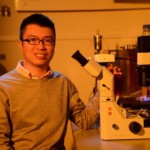 Anderson Shum – University of Hong Kong, China
Anderson Shum – University of Hong Kong, China
Anderson is an Associate Professor in the Department of Mechanical Engineering and the University of Hong Kong. His research area covers microscaled fluid dynamics, biomedical applications of microfluidics, eye-on-a-chip, and all-aqueous microfluidics; and his main area of expertise include droplet microfluidics, emulsion-templated materials and microscaled interfacial phenomena.













